Pelé, born Edson Arantes do Nascimento, is an icon whose name has become synonymous with the beautiful game of football. Hailing from the humble town of Três Corações, Brazil, he rose from poverty to become the undisputed King of Football, captivating audiences worldwide with his extraordinary talent and unmatched achievements.
Who is Pelé?

Pelé was born on October 23, 1940, in Três Corações, a small town in the state of Minas Gerais, Brazil. From an early age, he showed a natural affinity for football, honing his skills on the streets with a makeshift ball crafted from rags. His passion for the game was evident, and by the age of 15, he had already caught the attention of Santos FC, one of Brazil’s most prominent clubs.
Early Life and Passion for Football

Pelé’s childhood was marked by poverty, but his love for football transcended any hardships he faced. He spent countless hours practicing and perfecting his skills, often playing barefoot on the dusty streets of his neighborhood. His exceptional talent and unwavering determination quickly set him apart from his peers.
The Nickname “Pelé”
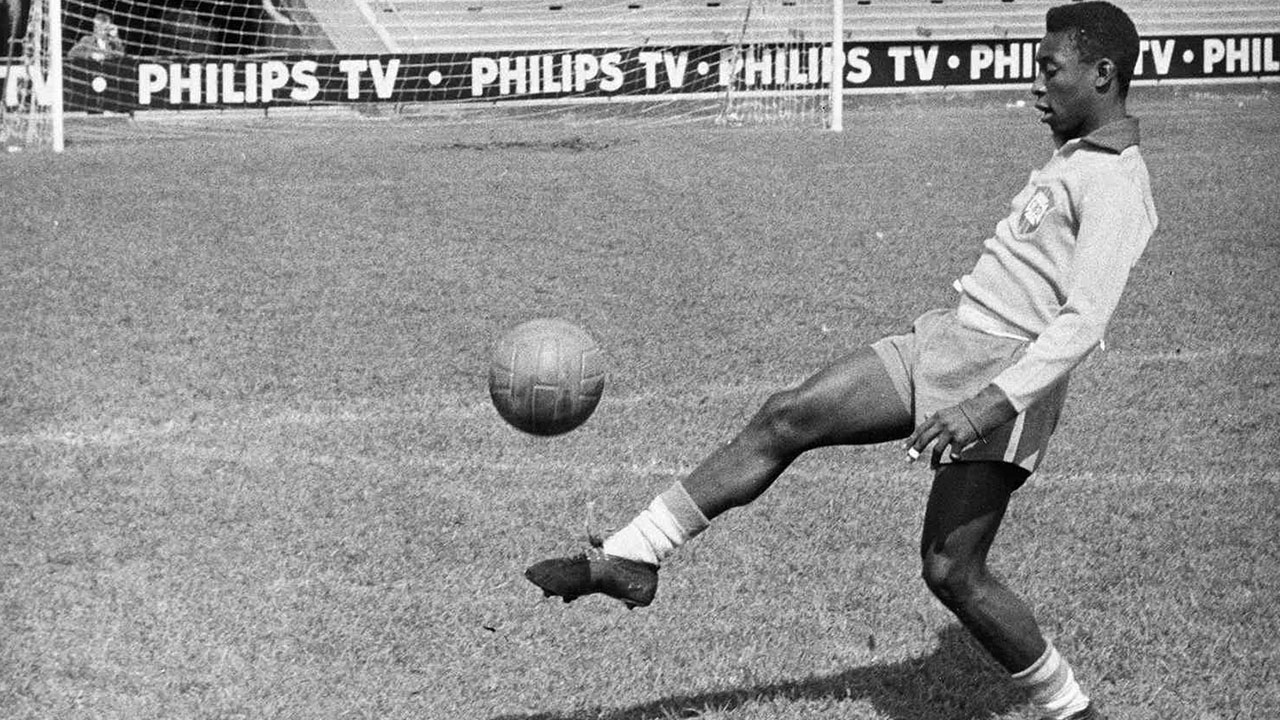
The origin of Pelé’s iconic nickname is shrouded in legend. Some say it was derived from his mispronunciation of the name of a former Brazilian player, “Bilé,” while others believe it was a childhood nickname given to him by his family. Regardless of its origins, the name “Pelé” became synonymous with excellence and artistry on the football pitch.
Club Career
Pelé’s professional club career began at the tender age of 15 when he signed with Santos FC in 1956. From the outset, his talent was undeniable, and he quickly became a fan favorite, captivating audiences with his dazzling skills and unorthodox playing style.
Santos FC Dominance
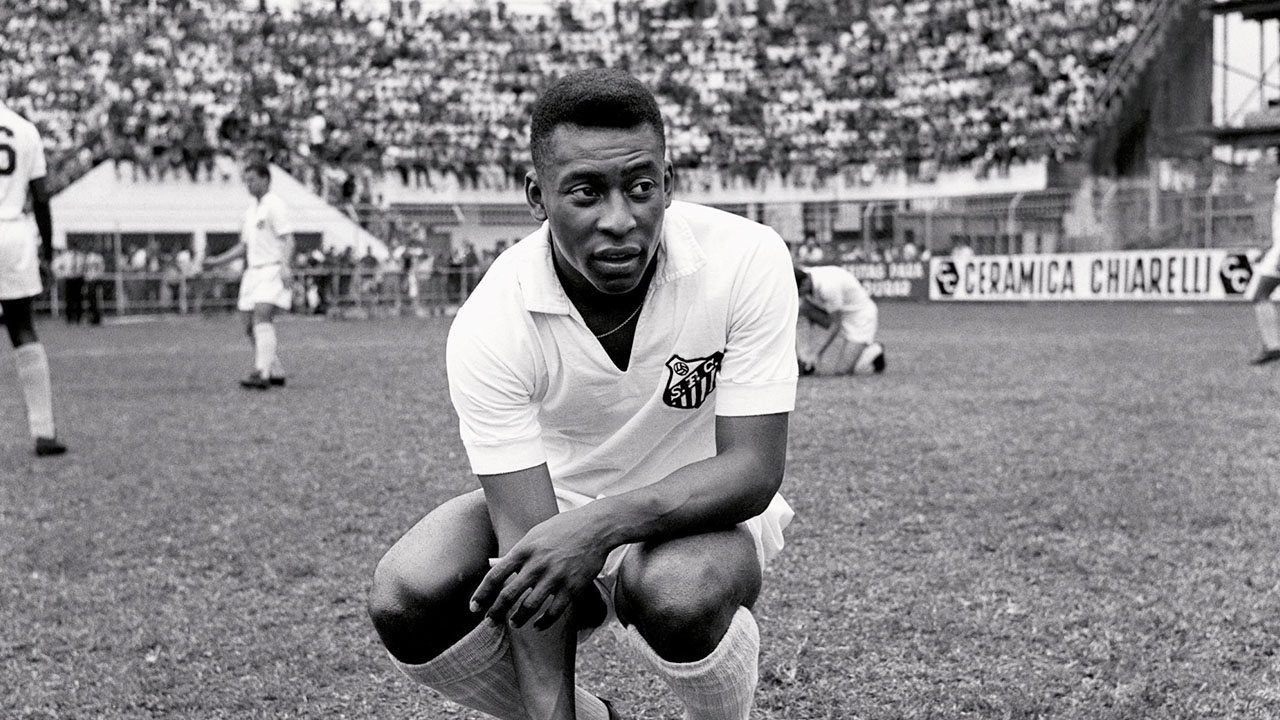
During his time with Santos FC, Pelé won numerous accolades, including six Campeonato Paulista titles (the São Paulo state championship) and two Copa Libertadores titles (the South American equivalent of the Champions League). He scored an astonishing 1,281 goals for the club, cementing his status as one of the greatest goalscorers of all time.
The New York Cosmos Years
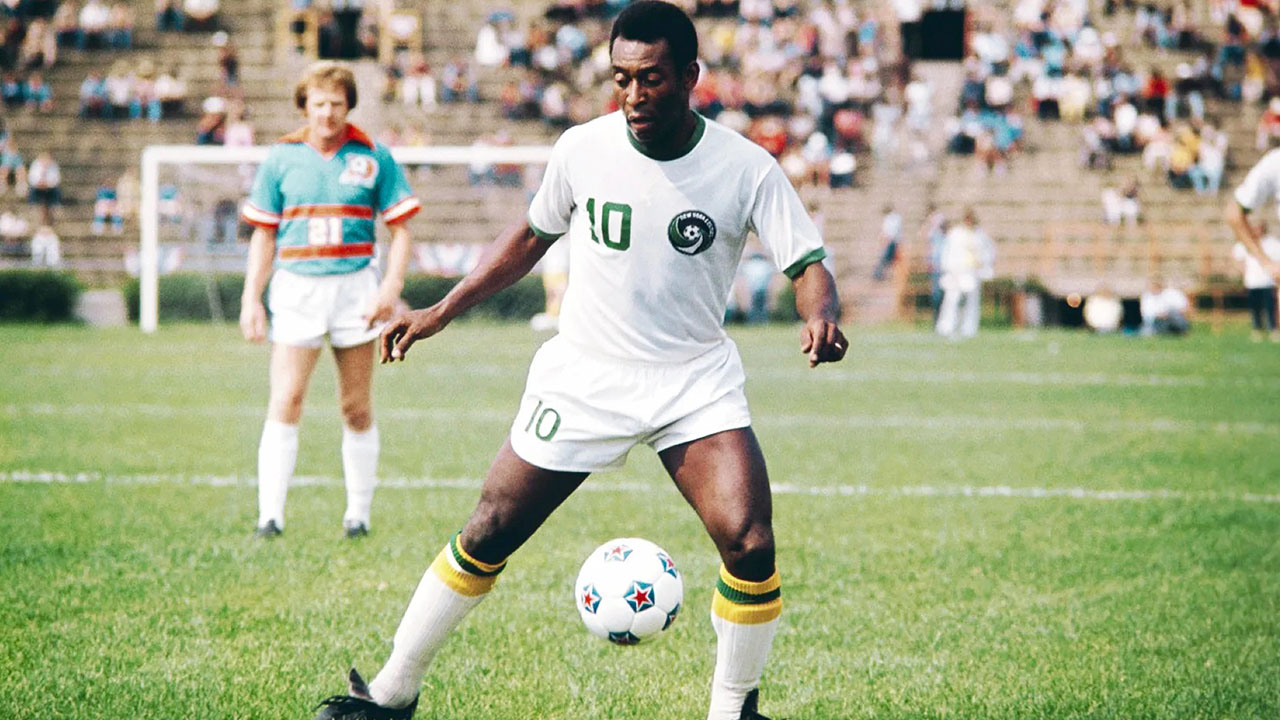
In 1975, at the age of 34, Pelé joined the New York Cosmos of the North American Soccer League (NASL). Although he was in the twilight of his career, his presence in the United States helped to popularize soccer and inspire a new generation of players. During his three seasons with the Cosmos, he won one NASL championship and was named the league’s Most Valuable Player in 1976.
The Iconic Goal Celebrations
Pelé’s goal celebrations were as iconic as his goalscoring exploits. From his famous “Samba” celebration to his acrobatic flips and somersaults, he brought joy and excitement to every match he played. His celebrations were a reflection of his passion for the game and his infectious personality.
International Career
Pelé’s international career with the Brazilian national team, known as the Seleção, was nothing short of legendary. He represented Brazil in four FIFA World Cup tournaments, winning three titles (1958, 1962, and 1970), a feat unmatched by any other player in history.
World Cup Dominance
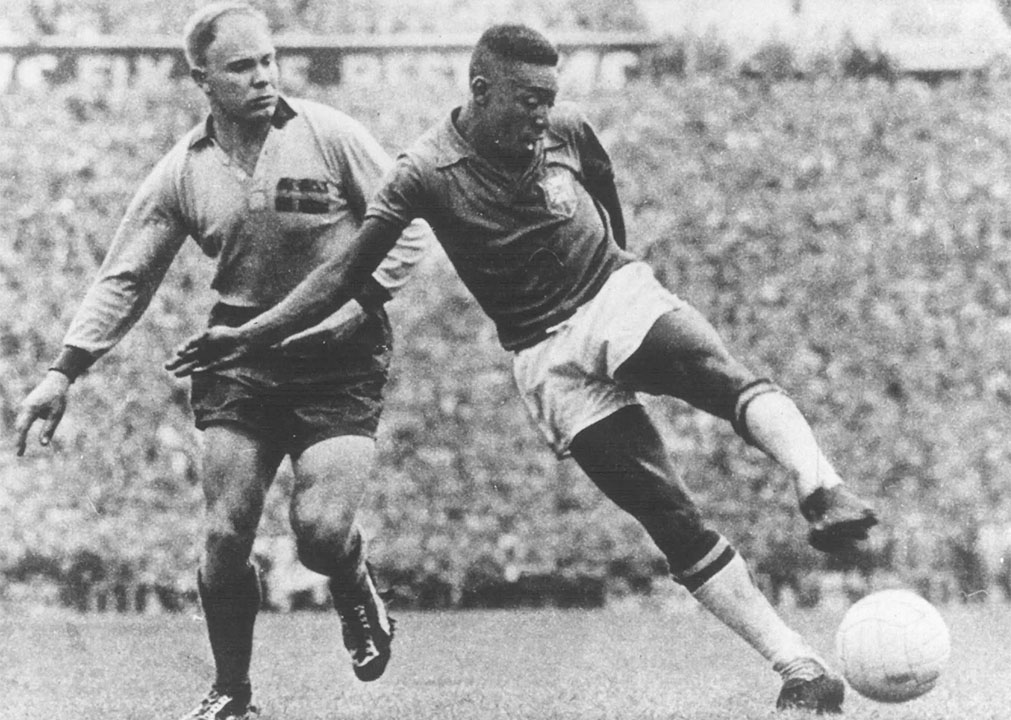
In the 1958 World Cup, at just 17 years old, Pelé became the youngest player to score in a World Cup final, helping Brazil secure their first-ever title. Four years later, in 1962, he led Brazil to another triumph, although his tournament was cut short due to injury. However, it was in the 1970 World Cup that Pelé truly etched his name in football folklore, captaining Brazil to their third title and scoring one of the most iconic goals in World Cup history, known as the “Goal of the Century.”
The Iconic “Goal of the Century”
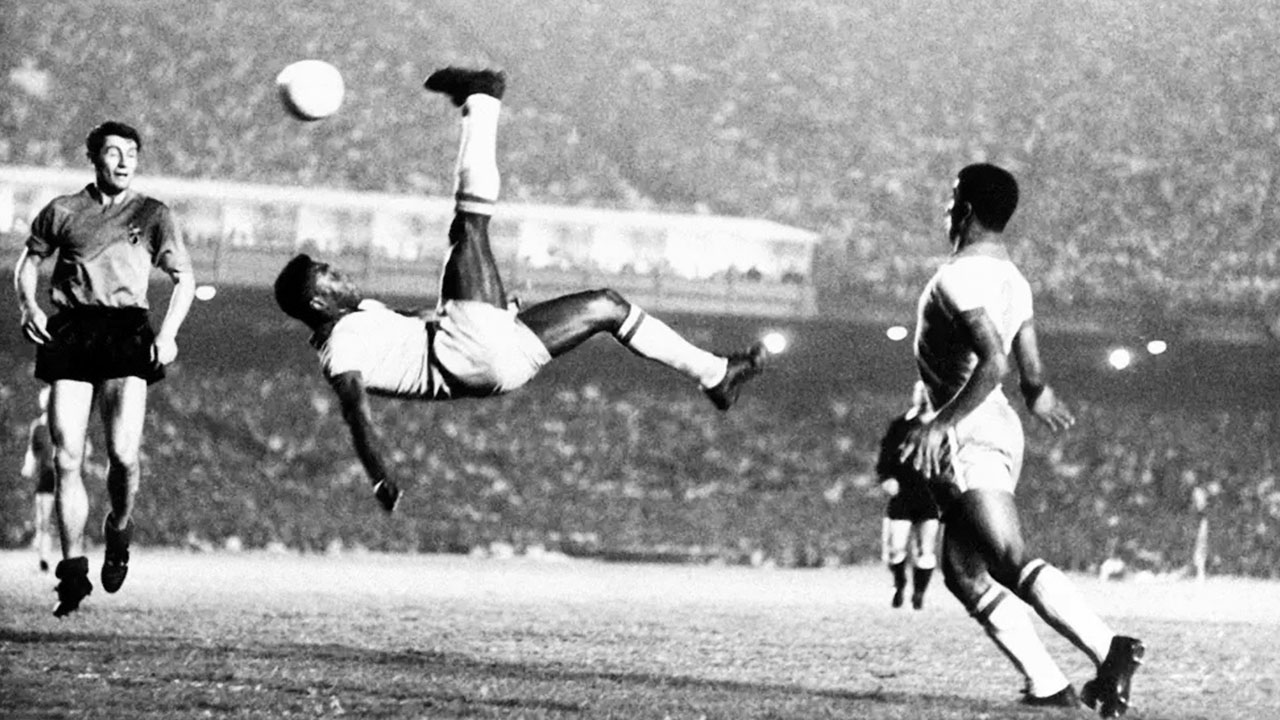
In the 1970 World Cup match against Uruguay, Pelé scored a goal that would forever be etched in the annals of football history. Receiving the ball on the edge of the box, he deftly flicked it over a defender’s head, swiveled, and volleyed it into the net with an audacious and acrobatic strike. This goal, later dubbed the “Goal of the Century” by FIFA, encapsulated Pelé’s genius and artistry on the pitch.
UNICEF Ambassador and Global Icon
Beyond his footballing exploits, Pelé was also a UNICEF ambassador and a global icon, using his platform to promote humanitarian causes and inspire people around the world. He was recognized by the United Nations for his efforts in promoting peace and understanding among nations through sport.
Achievements and Records
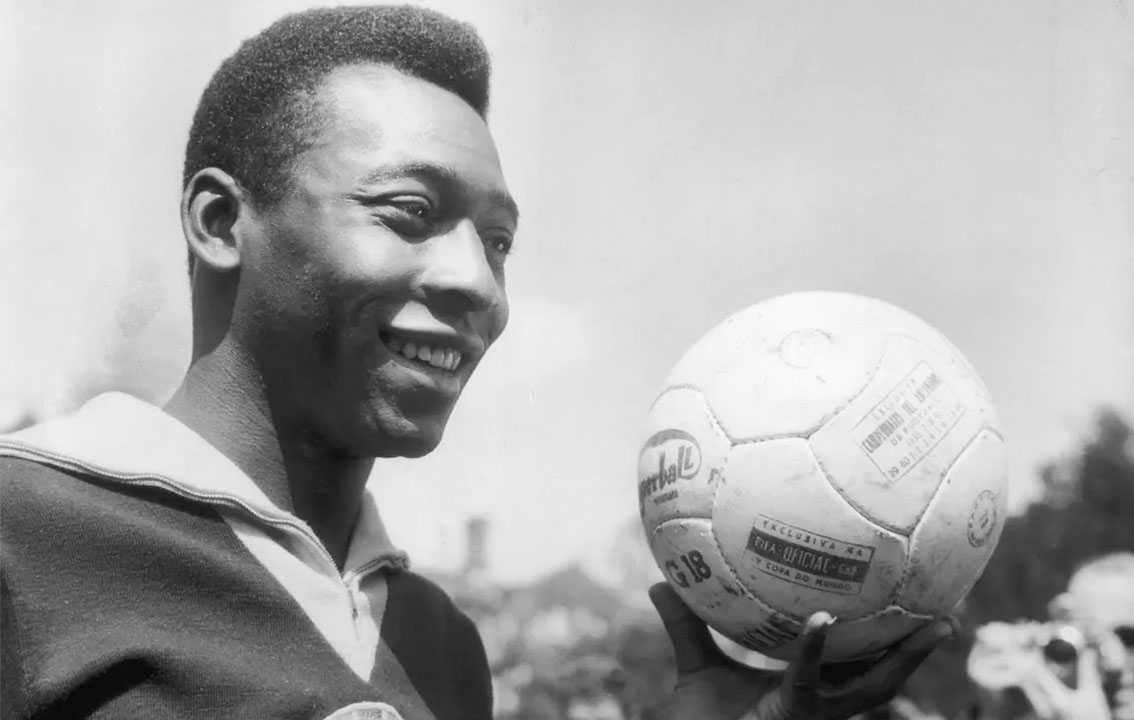
Pelé’s achievements and records are nothing short of staggering. He is the only player in history to have won three FIFA World Cup titles, a feat that may never be equaled. Additionally, he scored an incredible 1,281 goals in 1,363 games, solidifying his status as one of the greatest goalscorers of all time.
World Cup Records
- Only player to win three FIFA World Cup titles (1958, 1962, 1970)
- Youngest player to score in a World Cup final (1958, aged 17)
- Most goals scored in World Cup tournaments (12)
Club Records
- Most goals scored for a single club (Santos FC, 1,281 goals)
- Six Campeonato Paulista titles (São Paulo state championship)
- Two Copa Libertadores titles (South American equivalent of the Champions League)
Individual Honors
- FIFA Player of the Century (2000)
- Athlete of the Century by the International Olympic Committee (1999)
- World Player of the Year (1973, 1977)
- Golden Ball Award (1970 World Cup)
Retirement and Legacy
Pelé retired from professional football in 1977 at the age of 37, leaving behind an indelible mark on the game. His legacy extends far beyond his on-field achievements, as he became a global ambassador for football and a symbol of hope and inspiration for millions around the world.
Post-Retirement Activities
After retiring, Pelé remained involved in various charitable and humanitarian initiatives. He served as a UNICEF ambassador, using his platform to raise awareness and support for children’s rights and education. Additionally, he founded the Pelé Sports & Marketing company, which aimed to promote and develop sports-related businesses.
Lasting Impact and Influence
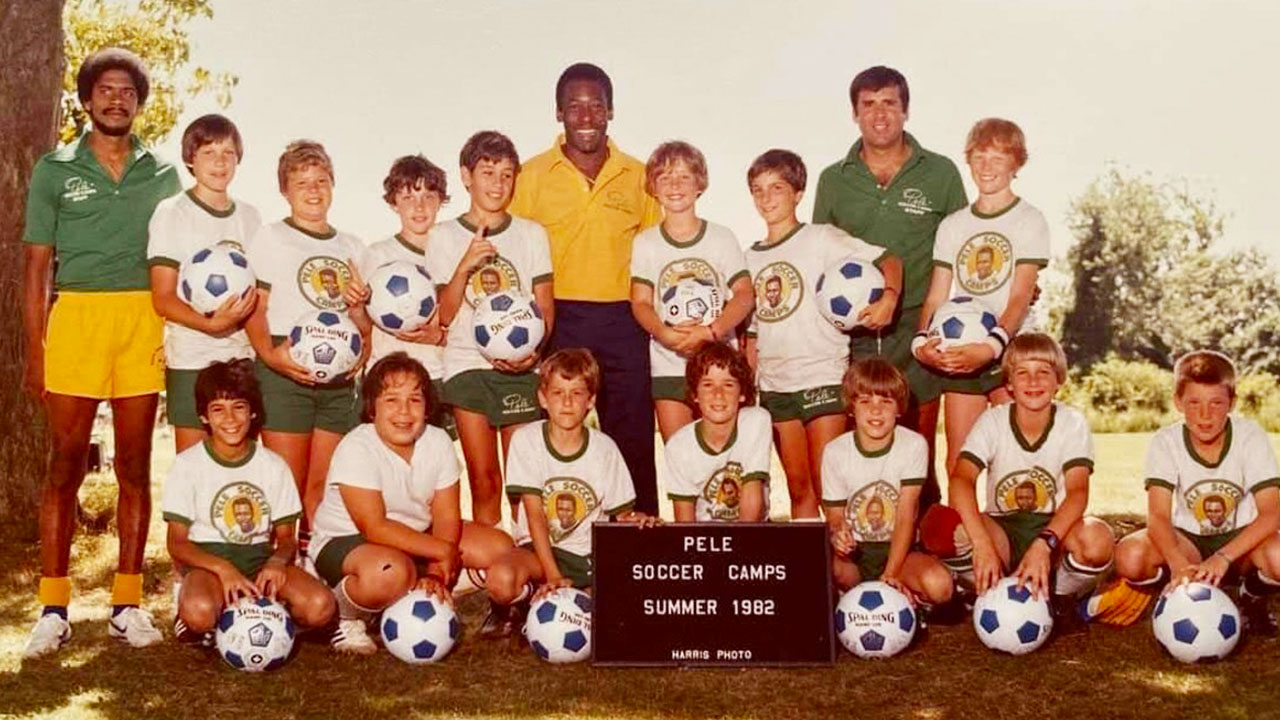
Pelé’s impact on football is immeasurable. He revolutionized the game with his exceptional skills, artistry, and flair, inspiring countless players and fans alike. His iconic status transcends borders and generations, and his name will forever be synonymous with the beautiful game.
Conclusion
Pelé’s life and career are a testament to the power of passion, determination, and unwavering talent. From his humble beginnings in Três Corações to his legendary performances on the world stage, he has etched his name in the annals of football history as the undisputed King of Football. His legacy extends far beyond the pitch, as he became a global icon and a symbol of hope and inspiration for millions around the world. Pelé’s impact on the game and his unwavering commitment to humanitarian causes have solidified his status as one of the greatest athletes and ambassadors of our time.
The legendary Brazilian football maestro Pele, a three-time victor of the World Cup and widely hailed as the finest player in history, breathed his last on December 29, 2022, at the Albert Einstein Israelite Hospital in Sao Paolo, São Paulo, Brazil, at the age of 82.



